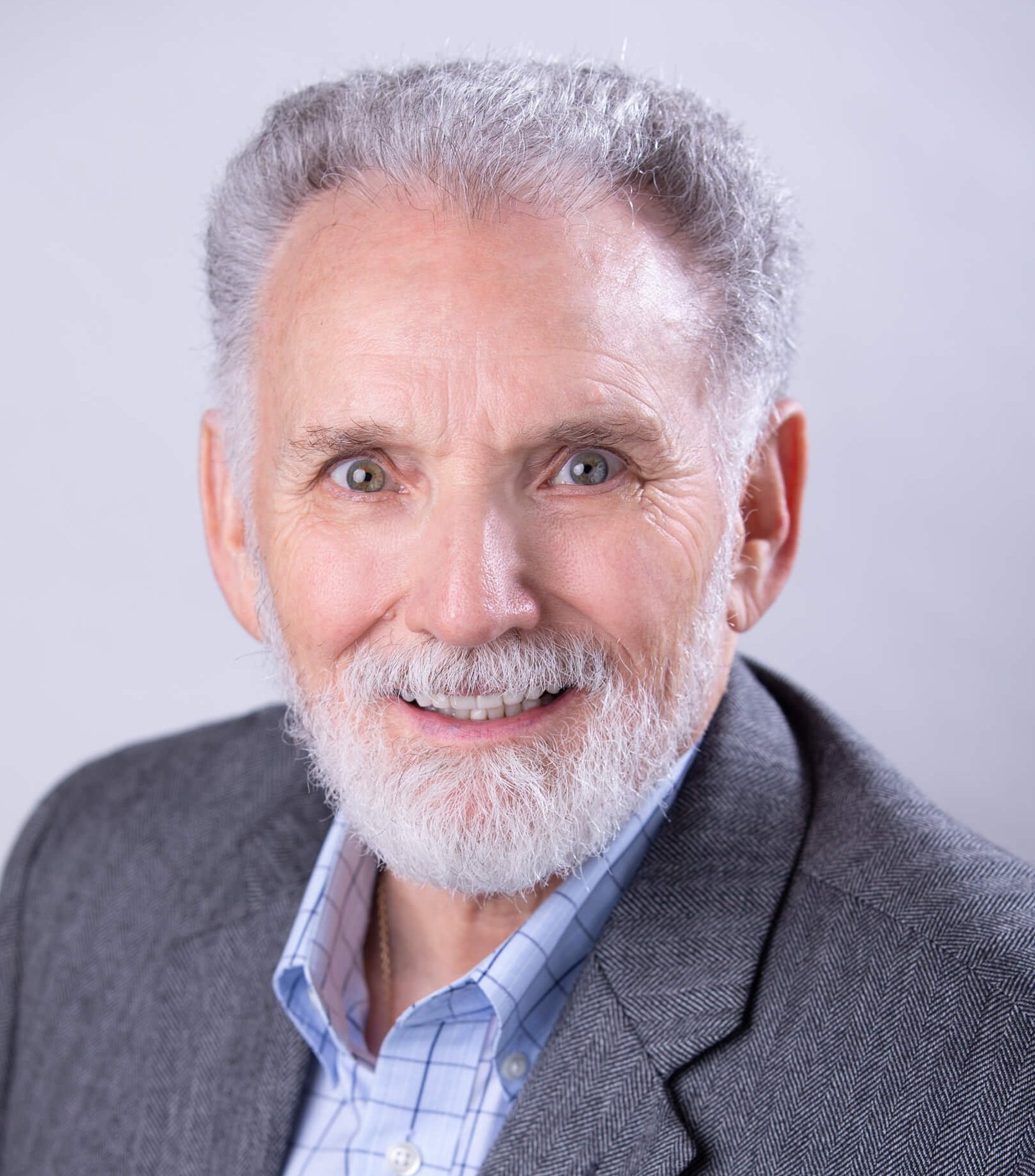January often brings resolutions of better health and exercising more. After a month (or 6 weeks) of indulging, hectic holiday plans, and falling off the wellness wagon, it makes sense to try to improve your health through exercise. But there are times when you should listen to your body and stop exercising.

Despite the mantra “no pain, no gain,” if your body hurts, it’s trying to tell you something. Here are four things to be aware of when working out.
Chest pain or heart palpitations
If you feel tightness in your chest, or your heart rate suddenly changes, stop working out immediately, says Mitch Kaye, a physical therapist and the Director of Quality Assurance for PTPN (the parent company of Physiquality). It could be due to any number of causes, from coronary artery disease to a heart attack, which is why you should seek medical attention, especially if you have other symptoms listed here.

Shortness of breath
If you exercise regularly, you’re aware of how your breathing deepens as your workout intensifies. But there is a difference between breathing more deeply and gasping for air. If you’re doing a familiar activity and you’re having problems breathing, or if your breathing drastically changes while working out, stop to catch your breath – then talk to a medical professional.
Feeling lightheaded or dizzy
This could be as simple as needing to eat or drink water, particularly if you haven’t eaten in a while. But if you still feel poorly after a meal and plenty of fluids, or if you are sweating profusely or faint, it’s time to see a doctor. Be sure to discuss all of your medications as well, adds Mitch, as these can affect how your body reacts to exercise, particularly medicines used to regulate blood pressure and heart or lung conditions.
Sharp pain, particularly in your joints
As your workout builds, you might feel slight strains in your muscles or mild joint pain. If this happens frequently and recedes after your workout, there’s no need to panic.

But if you suddenly experience a sharp pain in your shoulder, knee or hip, for example, Mitch advises talking to your physical therapist; such pain often indicates some type of injury within the joint. Your physical therapist can determine whether rehabilitation therapy will help relieve the injury, or if you need to see an orthopedic specialist for further care.
If you’re looking for advice on how to be more active in the new year, your local Physiquality physical therapist is an excellent resource for starting new healthy habits. Use our therapist finder below to locate the professional nearest you.
Thank you to our contributors:

Mitch Kaye, PT, is the Director of Quality Assurance for PTPN, the parent company of Physiquality. He oversees all aspects of utilization review and case management for the entire PTPN network, and trains and supervises PTPN’s Quality Assurance and Utilization Management staff. In addition, he is responsible for creating and updating case management, utilization management, quality assurance, and clinical integration and outcomes guidelines for the network.
Physiquality.
- Improving your health in the new year: 5 resolutions to make for 2017. January 5, 2017.
- How exercise can help prevent disease. June 2, 2014.
- Timeless lessons on living a healthy life. March 1, 2011.
Miller, Anna Medaris. Seven signs you should stop exercising immediately. U.S. News and World Report, February 18, 2016.
Safe exercise: Know the warning signs of pushing too hard. Harvard Medical School, February 2015.